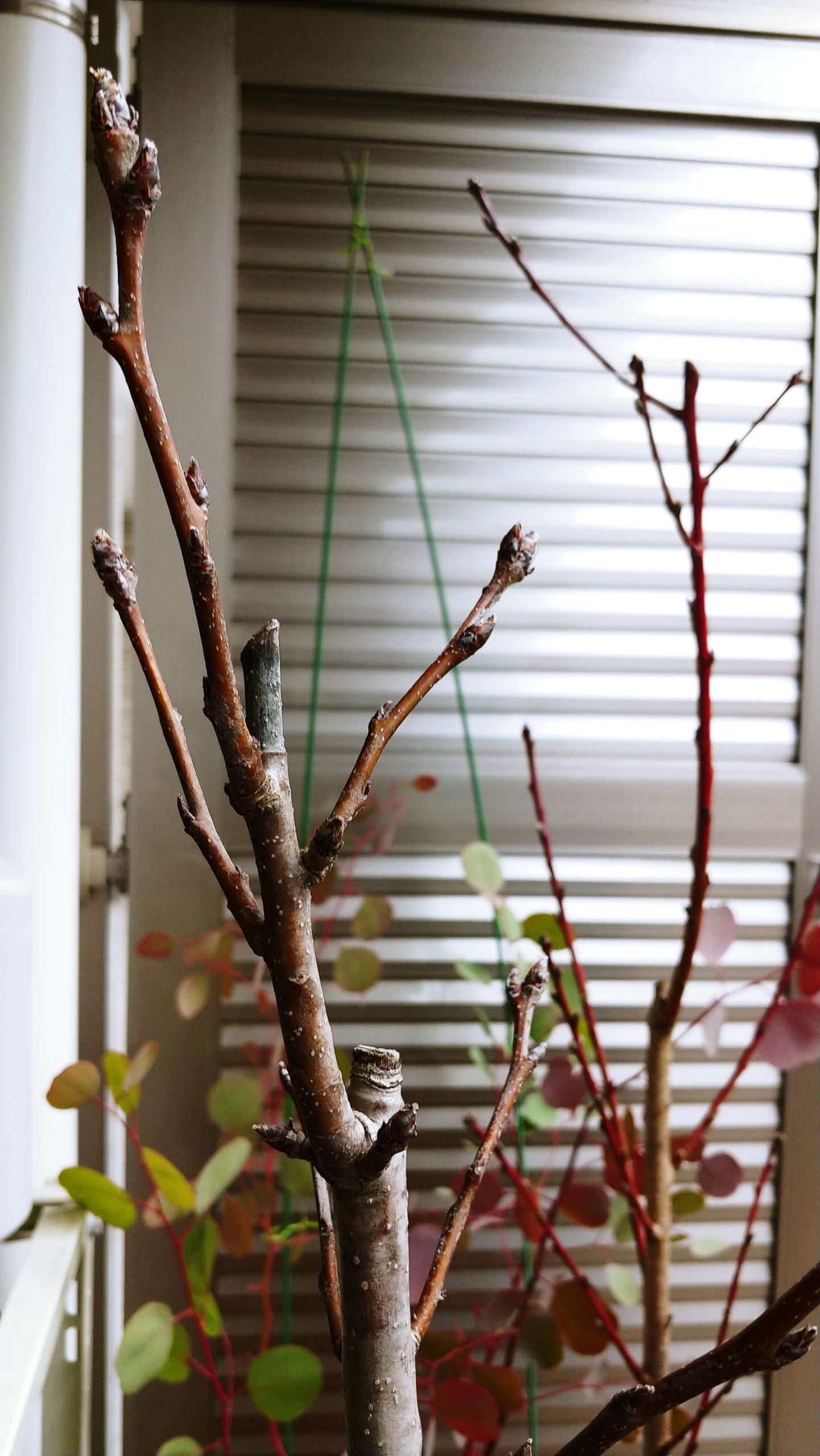If you have plans on living in Japan long-term, there are a few things I think might be worth considering before making any solid plans.
Everything here is tiny compared to America
- The average apartment and condo here has one bathroom; the average house has one and a half baths.
- Counter space is usually one small counter, and that’s if you can make the space for it.
- I’ve never seen a walk-in pantry here, though I’m sure they exist somewhere.
- There is no laundry room that I’ve ever seen. It’s usually part of the whole bathroom unit (outside the shower room area).
- Don’t expect to have a massive fridge. The best you can hope for is maybe what would be considered a small fridge in America.
- Walk-in closets here mean you get to step into the closet and stand there while you look at your clothes. There’s no real walking around in the closet, despite the fact they’re still calling it a walk-in closet.
- Storage space can be scarce. Some of the older builds especially somehow don’t see the need for things like an extra closet to store things like vacuum cleaners. Be prepared to get creative and scale down your stuff.
It can be hard to find a place to rent/buy if you’re a foreigner and not married/dating a Japanese person
- Most landlords and real estate people in Japan, especially in places where foreigners like to live like Tokyo, are incredibly wary of foreigners. They see on the news that we’re all alike in that we like to be super noisy, wild and inconsiderate of those around us. They think we’ll waltz into the property, trash it and just dance back to our home countries.
- I’m sure there have been some people who have done this, and I hate these people because they make it harder for the rest of us foreigners to live here. I hate how Japanese people just group us foreigners all together, too — if one of us non-Japanese does something wrong, it must mean all foreigners are doing it.
- If you don’t have a Japanese spouse/significant other, things are going to be hard for you. You have to have a guarantor to do much of anything like renting. If you have a Japanese company sponsoring you, they might be able to help. Otherwise, you can see if the ward office/city office is able to help you figure it out.
- Bring a Japanese friend with you to the real estate agencies. The agent will likely talk only to your Japanese friend, but they might be more willing to let you stay somewhere, too.
- Having a permanent residency visa goes a long way in buying a house/condo, though it’s still not easy. Be prepared for lengthy red tape.
Buying a house or a condo is like buying a car
- While in America perhaps you can buy a house/condo and see the value go up as you put time and effort into renovations and such, in Japan people usually want to have a completely new build. That means houses/condos depreciate over time like a car. The land the house sits on could potentially go up, but the house probably won’t.
- People usually tear down the house when they buy it and build a new one on the property.
- There is a small but growing trend of people renovating houses, but it’s still not super common, apparently.
- Condo renovations are a thing, but that doesn’t mean your condo will go up if you’ve renovated it recently. People want to re-do things to their own tastes, and they take that into consideration when giving you a price.
Expect a lot of up-front costs
- Whether you plan on renting or buying, expect to have at least one month’s rent/payment saved up. At least. It all depends on the property you’re looking at so be sure to read the fine print (usually in Japanese) or ask the real estate agent for all the possible costs involved.
- Up-front costs include insurance, taxes and paying your real estate agent. Rentals also want one month’s rent as collateral for any damage you might do to the rental.
- Taxes on houses can be apparently quite abhorrent so keep that in mind when thinking about a house.

